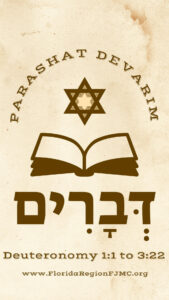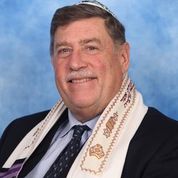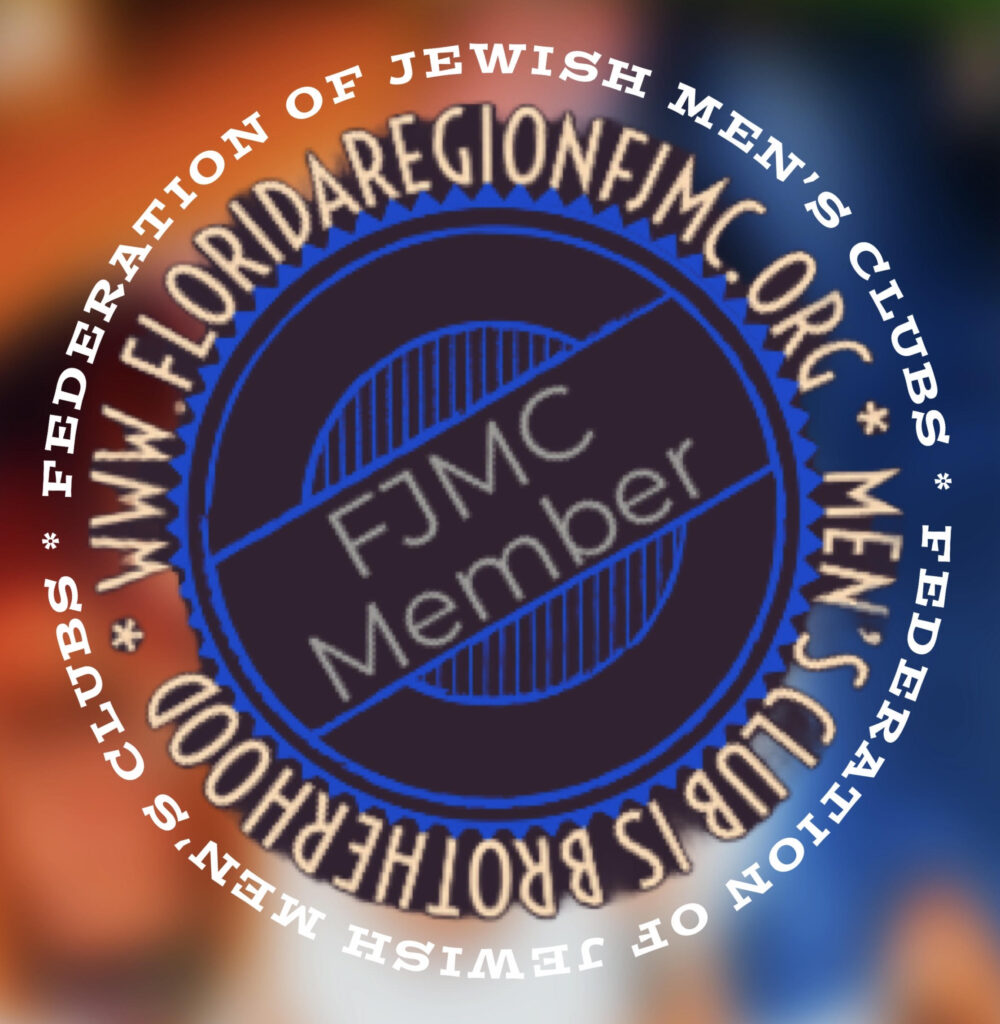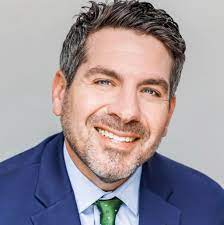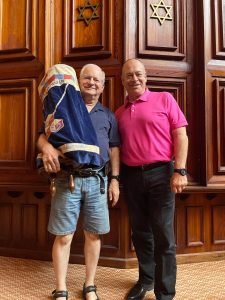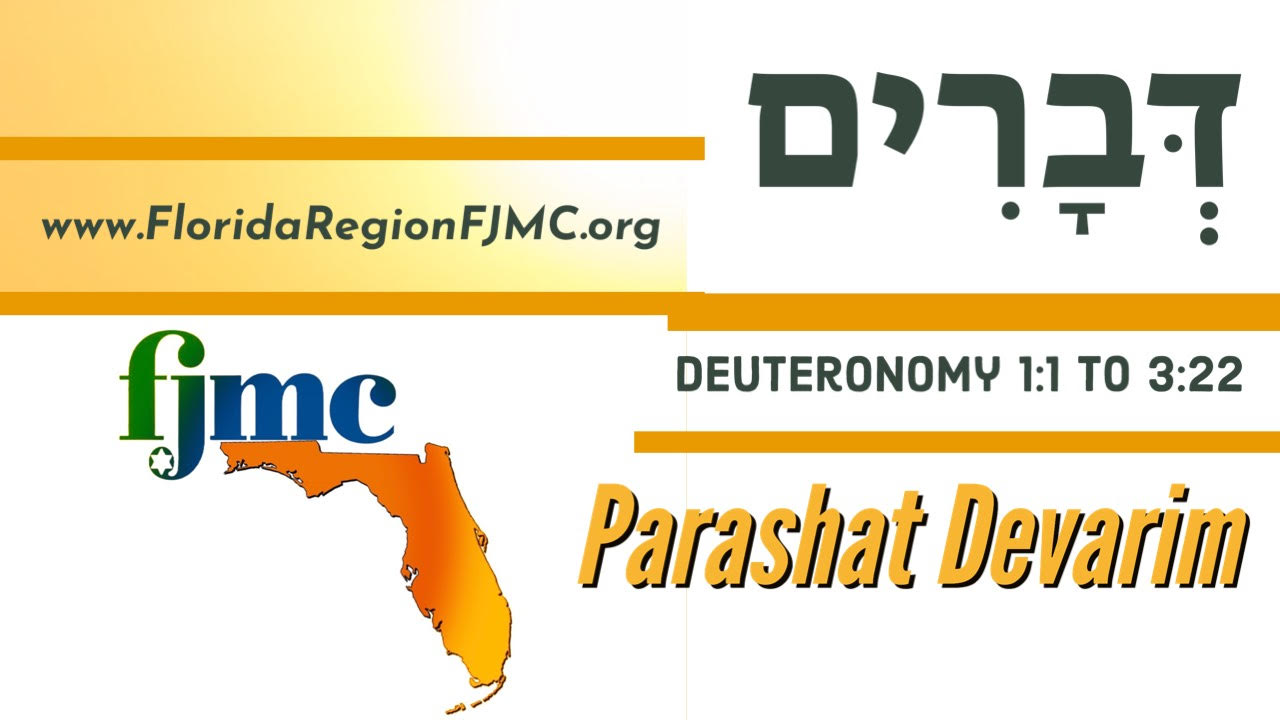
When you Choose Shabbat, you choose to learn that every Shabbat is different and special. This week I learned about Parashat Devarim (דְּבָרִים), the 44th weekly Torah portion in the annual cycle of Torah readings. I also learned the Shabbat immediately prior to the fast of Tisha B’Av is known as Shabbat Chazon (שבת חזון), or “the Sabbath of the Vision of Prophet Isaiah”. Shabbat Chazon is also referred to as the “Black Sabbath” due to its status as the saddest Shabbat of the year, in contrast with the “White Sabbath”, Shabbat Shuvah, immediately proceeding Yom Kippur.
According to Wikipedia, Devarim (דְּבָרִים), Deuteronomy 1:1 through 3:22, contains 5,972 Hebrew letters, 1,548 words, 105 verses and makes up 197 lines of the Torah scroll. Devarim recounts how Moses appointed Chiefs, tells the tale of the episode of the Twelve Spies and close encounters with the Edomites and Ammonites, the conquest of Sihon and Og, as well as the assignment of land for the tribes of Reuben, Gad, and Manasseh.
Rabbi Michael D Klein of Temple Torat Emet offers his insights on this week’s Torah reading, Devarim for Shabbat August 10, 2024 aka 6 Av 5784:
Of all the groups on earth, we are certainly the last to require warnings of impending doom. Yet, this week we have two such occurrences, one in the Torah portion where Moses begins to recount the events of the past 39 years and the haftorah from Isaiah which holds the Jewish Nation accountable for our preceding years of idolatry, injustice, and immorality.
Moses begins the 5th Book of the Torah with “Eleh Hadvarim”, which can be translated as “these are the words” or “these are the things”. He begins by retelling the liberation from slavery narrative and at each point recounts how many people demonstrated rebelliousness and lack of faith despite witnessing the greatest miracles, performed by G-d, in the history of humankind.
Moses prophetically warns us that when we come to possess the Land of Israel and all is going well, we would repeatedly digress into faithlessness and idolatry despite the many blessings that G-d has bestowed upon us in the Land that G-d promised to us. Likewise, Prophet Isaiah underscores Moses’ concerns by reemphasizing the injustices pursued by the Kings of Israel against the widow, the orphan, the poor, and the powerless and the tendencies to worship the deities of the surrounding nations.
Why does pattern keep reoccurring? It is almost impossible to answer except that there is a repeating cycle that our people seem to be unable to break. Witness the disunity in Israeli government and also in the communities outside of Israel where numbers of Jews find it acceptable to criticize and blame Israel for the violence in the Mideast.
Our history records that the destruction of the 2 nd Temple in 70 CE was the result of causeless hatred between just two influential individuals who were known to Roman authorities as Kamtza and Bar Kamtza. Isaiah gives us the formula for success in maintaining our relationship with G-d. It is not complex-really quite simple, at least in theory. To prevent future Tisha B’Avs we must do what Isaiah and other prophets teach us – act justly, shun idolatry and immorality, strive for unity and walk humbly with G-d.
Questions to Consider:
- Which word contained in this Parsha is also found in Lamentations recited on Tisha B’Av? Why is this so?
- Why was Moses, who had a speech impediment, able to address the Jewish people so eloquently toward the end of his life?
- According to Midrash, how long did Israel camp in Kadesh?
- By what right were Lot and his descendants granted an inheritance on the other side of the Jordan River?
Rabbi Michael D. Klein attended Yeshiva College of South Florida and served as Torah Reader, Hebrew teacher, Chazzan and spiritual leader of various synagogues throughout South Florida. In January 2015 he became Ritual Director, Bnai/Bnot Mitzvah instructor and 7th grade Hebrew instructor for Temple Torat Emet of Boynton Beach. In October 2019 he was accepted into an accelerated track and received his shicha from Yeshiva Adath Wolkowisk and has been the Rabbinic leadership of Temple Torat Emet since August 2020. In September of 2022 he was appointed Rabbinic and Spiritual Advisor of the Florida Region of FJMC.
Choose Shabbat; choose to celebrate, to light candles, sing songs and learn a little Torah.
This moment of Jewish Learning is brought to you by the Florida Region of the Federation of Jewish Men’s Clubs (FJMC). We are part of a confederation of over 200 Jewish Men’s Clubs and Brotherhoods representing over 20,000 members across the United States, Canada, Latin America, and beyond. Learn more about how your Jewish Men’s Club or Brotherhood can affiliate with the FJMC at: https://fjmc.org/for-clubs/affiliating-with-the-fjmc/.
The Florida Region of FJMC serves the needs of affiliated Men’s Clubs and Brotherhoods throughout the State of Florida. Get to know more about the FJMC Florida Region and our growing network of Jewish Men’s Clubs and Brotherhoods at www.floridaregionfjmc.org and please visit and LIKE our Florida Region FJMC Facebook Group at www.facebook.com/FloridaRegionFJMC.


